Texas challenges federal immigration authority, sparking a legal showdown. The state’s controversial law has prompted a conflict that reaches the U.S. Supreme Court. This case highlights the ongoing tension between state initiatives and federal control.
Federal Versus State Jurisdiction
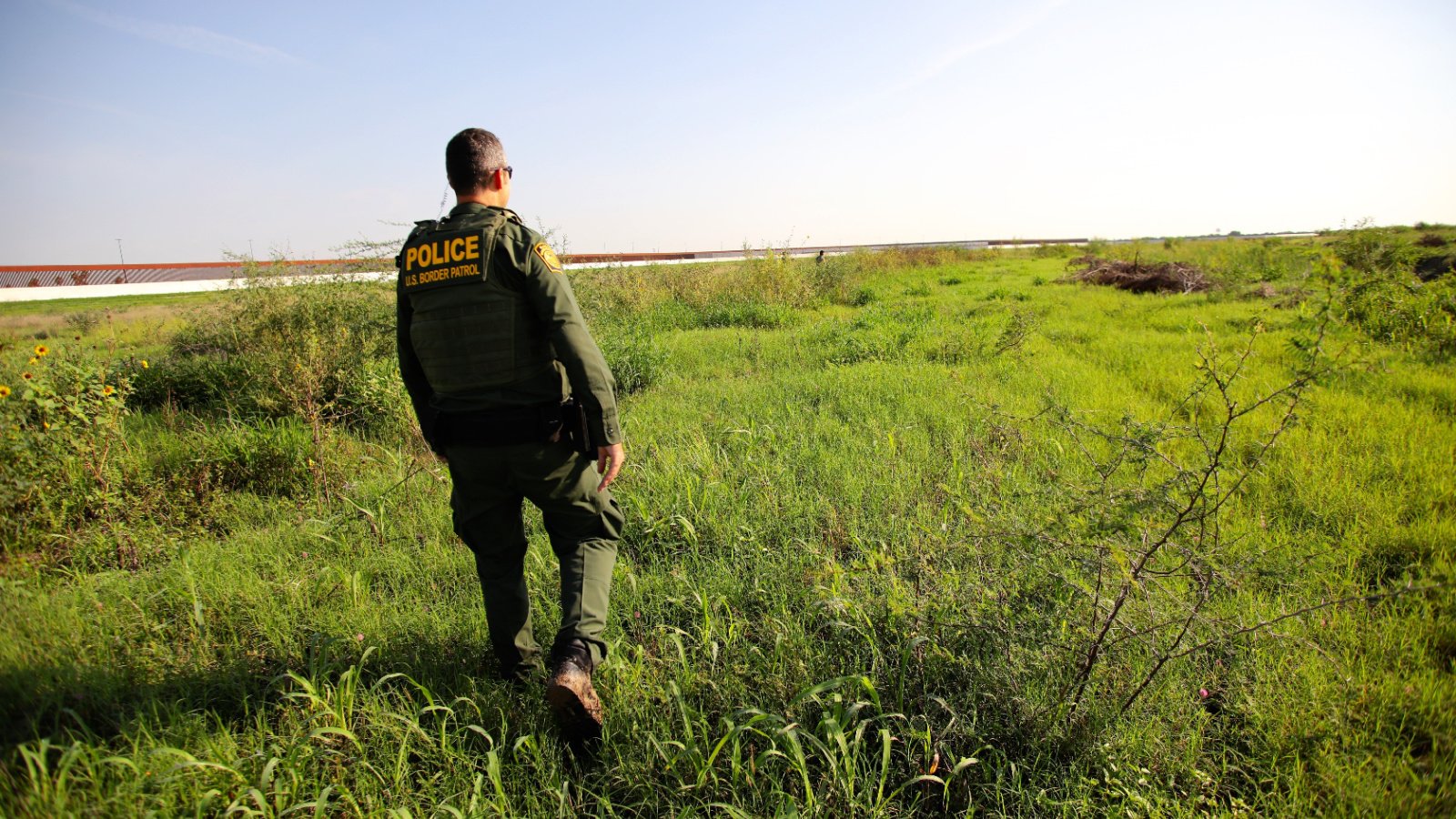
When it comes to immigration, the rule of thumb has always been clear: it’s a federal matter, handled by agents from Homeland Security. These agents patrol the U.S. borders with Mexico and Canada, diligently working to intercept those crossing illegally and managing the deportation of unauthorized individuals already within the U.S.
A Texas-sized Controversy
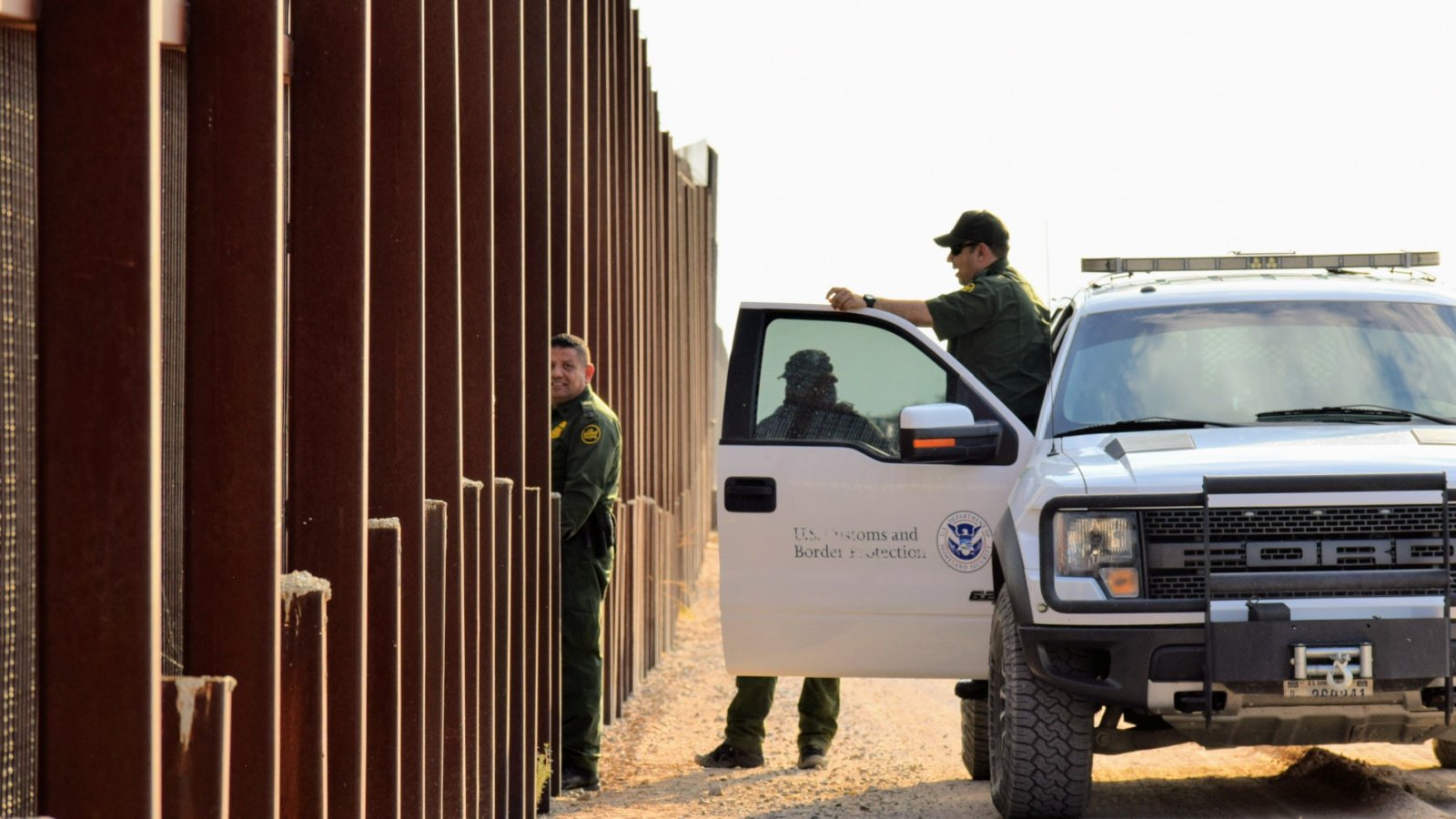
Yet, Texas is stirring the pot with a bold legislative move, creating a buzz with its attempt to criminalize illegal border crossings at the state level. This novel approach, aiming to empower state law enforcement to make arrests for border violations, is sparking a legal tug-of-war, challenging the conventional boundaries between state and federal jurisdiction.
The Balance of Power
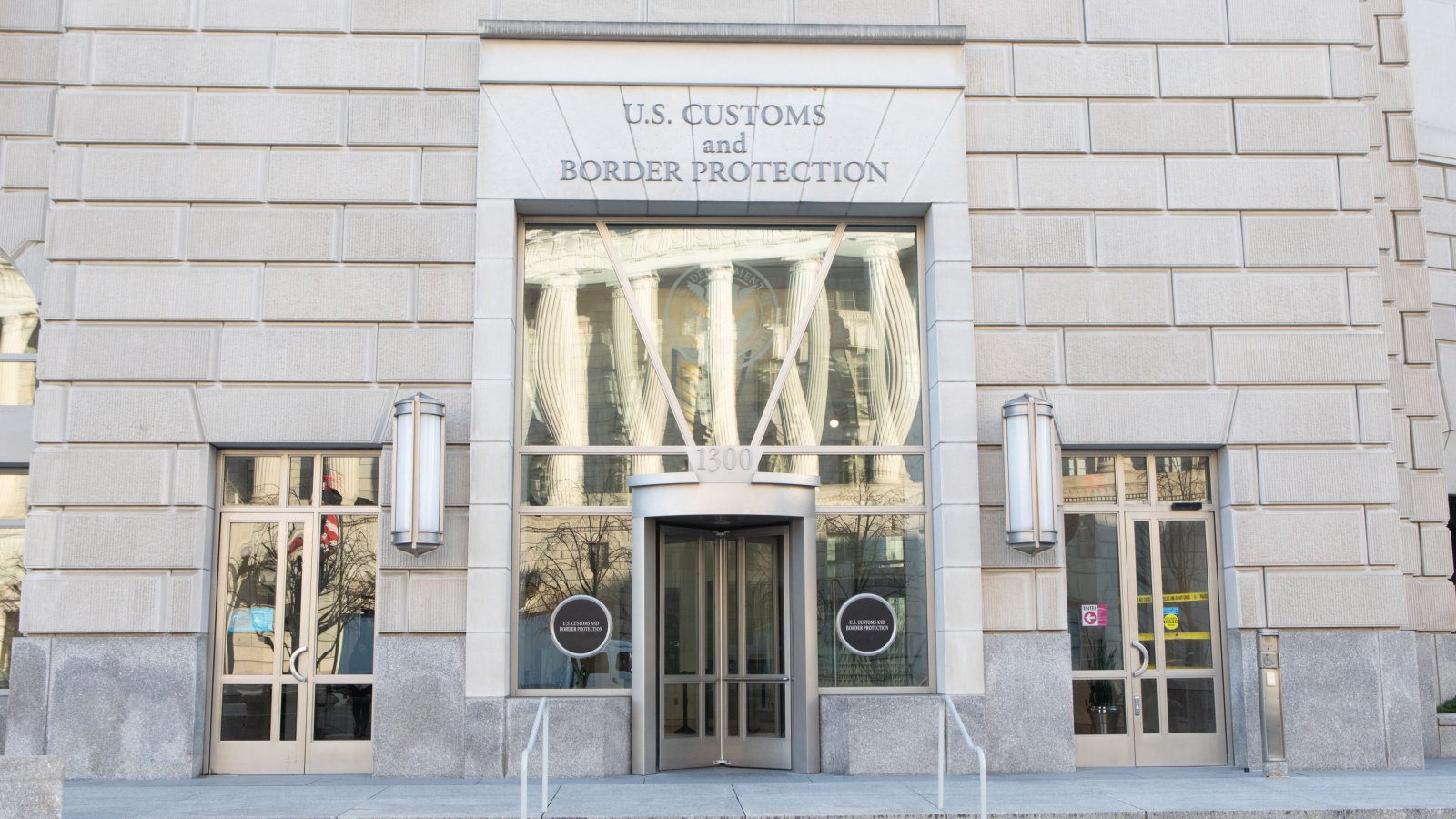
Traditionally, the waters between state and federal law enforcement duties have been navigated with a certain degree of respect for their respective domains. While state lawmakers craft policies affecting their territories, entities like the FBI or U.S. Immigration and Customs Enforcement uphold federal statutes, which typically supersede state laws.
Blurring the Lines
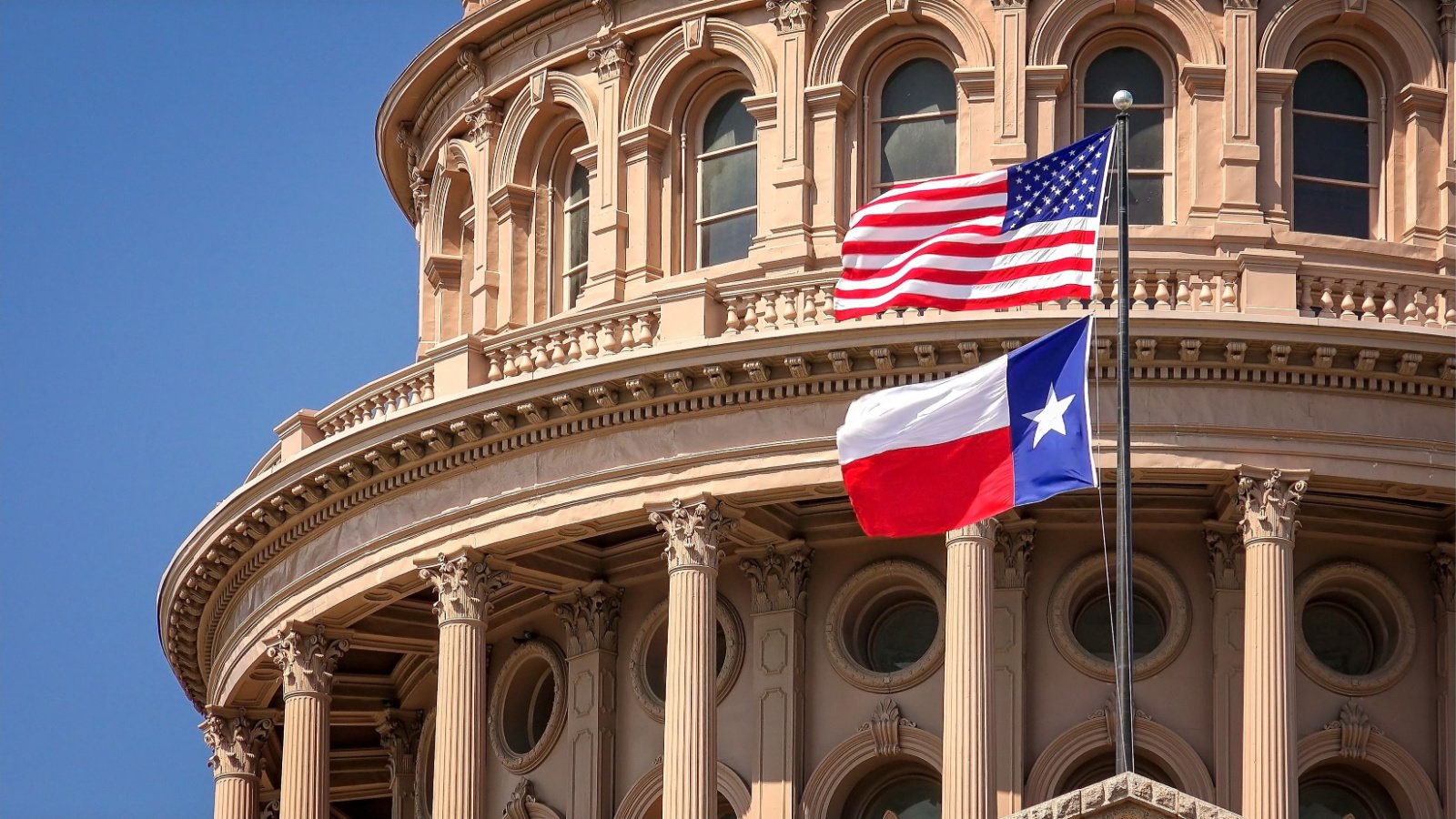
However, the landscape becomes significantly more complex when states venture into territories usually reserved for federal oversight, as seen in recent legislative efforts. This overlap introduces a murky legal battlefield, where the clarity of jurisdictional limits starts to fade.
Lone Star Legislation

Under the leadership of Governor Greg Abbott, Texas is taking a stand, leveraging legislative power to assert more control over immigration issues, directly challenging the federal government’s stance. Abbott’s critical view of the current administration’s immigration policies has propelled Texas to pass S.B. 4, a law marking illegal border crossings into the state as a criminal offense, a move unprecedented in its direct confrontation with federal authority.
Legal Limbo

The legal battle over Texas’s unique stance on immigration enforcement is currently paused, sitting in a state of uncertainty. The U.S. Supreme Court’s recent decision favored Texas, granting local law enforcement the authority to detain migrants, yet a subsequent ruling by a federal appeals court has temporarily blocked the law’s implementation.
The Process of Detention
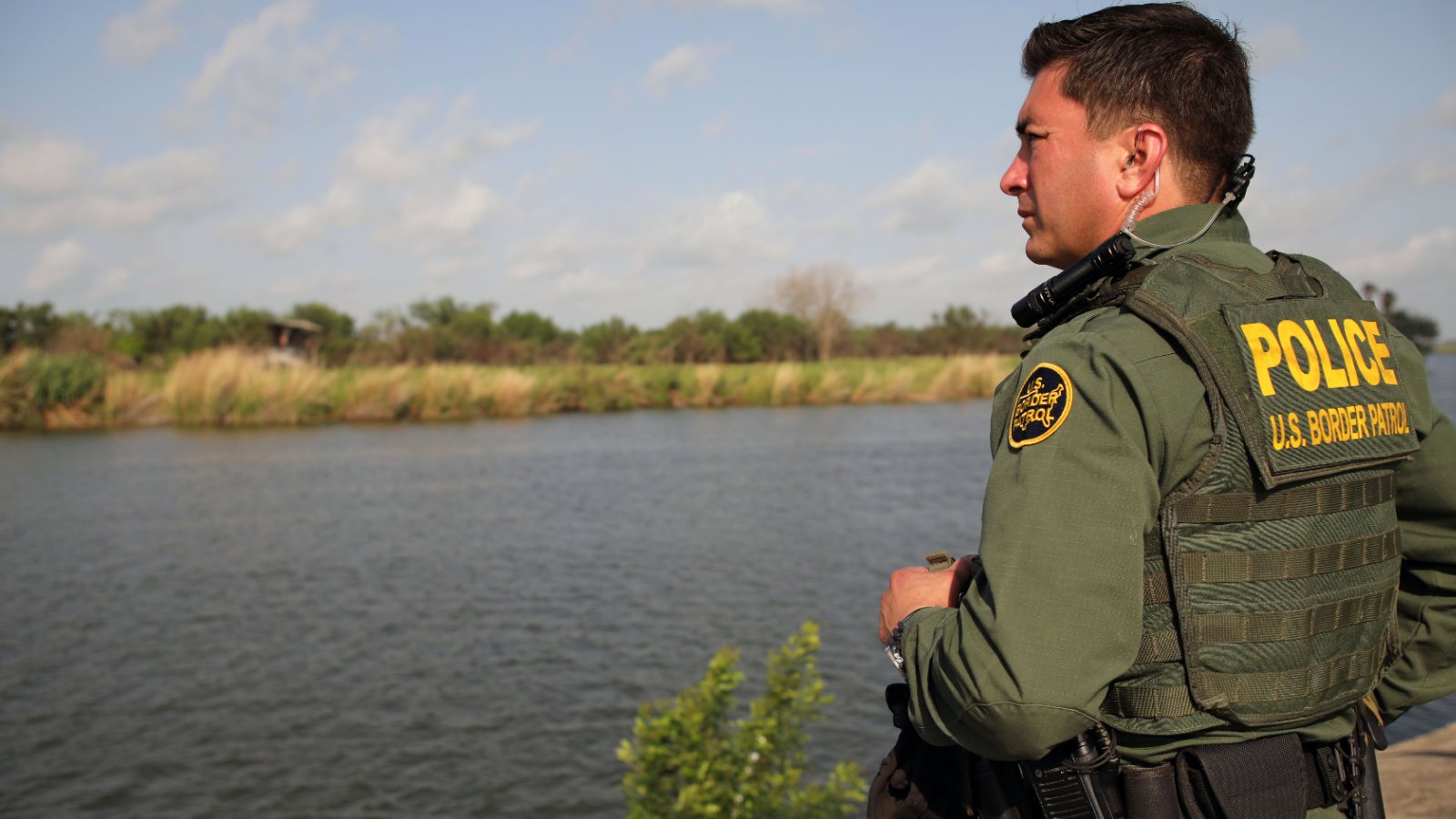
At the heart of U.S. immigration enforcement is a multi-step process involving several agencies. Individuals caught crossing the border illegally are arrested by Border Patrol agents and may end up in immigration detention or released within the U.S. to await court hearings, overseen by different branches of the government.
Enforcement and Exceptions
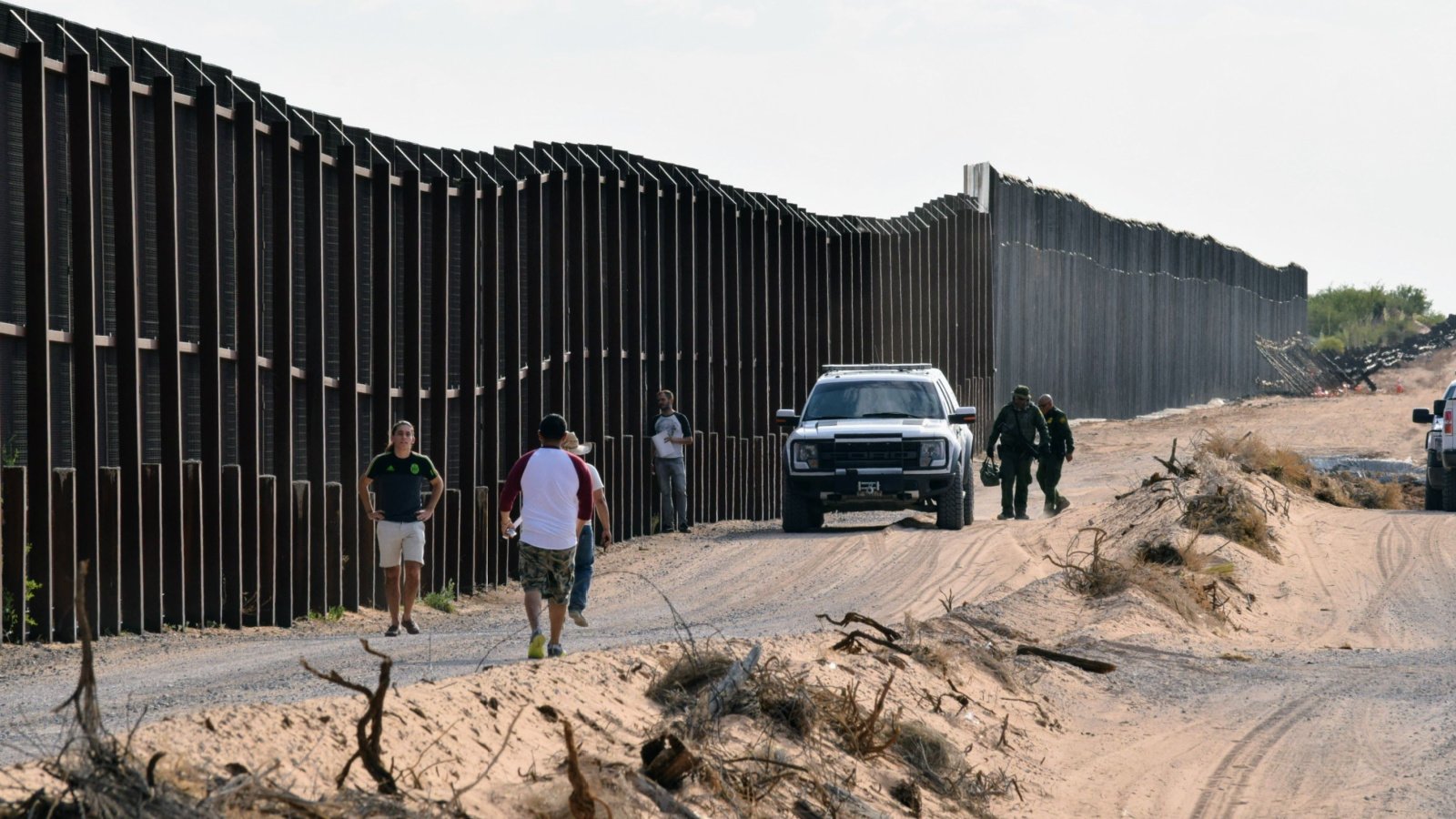
While Customs and ICE officers play key roles in arresting those smuggling individuals or already inside the U.S. for various offenses, local and state police involvement traditionally stops at crimes not directly tied to immigration status. Once their cases are processed, individuals may be transferred to federal immigration authorities.
Arrests Under Scrutiny

Despite the temporary activation of the Texas law, no arrests have been publicly disclosed by state authorities. Federal agents, however, continue their efforts, with the Border Patrol making thousands of arrests, indicating a decrease from previous periods.
A Precedent in Arizona

Texas is not the first state to venture into immigration law enforcement, with Arizona’s 2010 legislation serving as a notable precedent. However, the Supreme Court struck down key aspects of Arizona’s law, emphasizing the federal government’s dominant role in immigration regulation and highlighting the tension between state initiatives and federal authority.




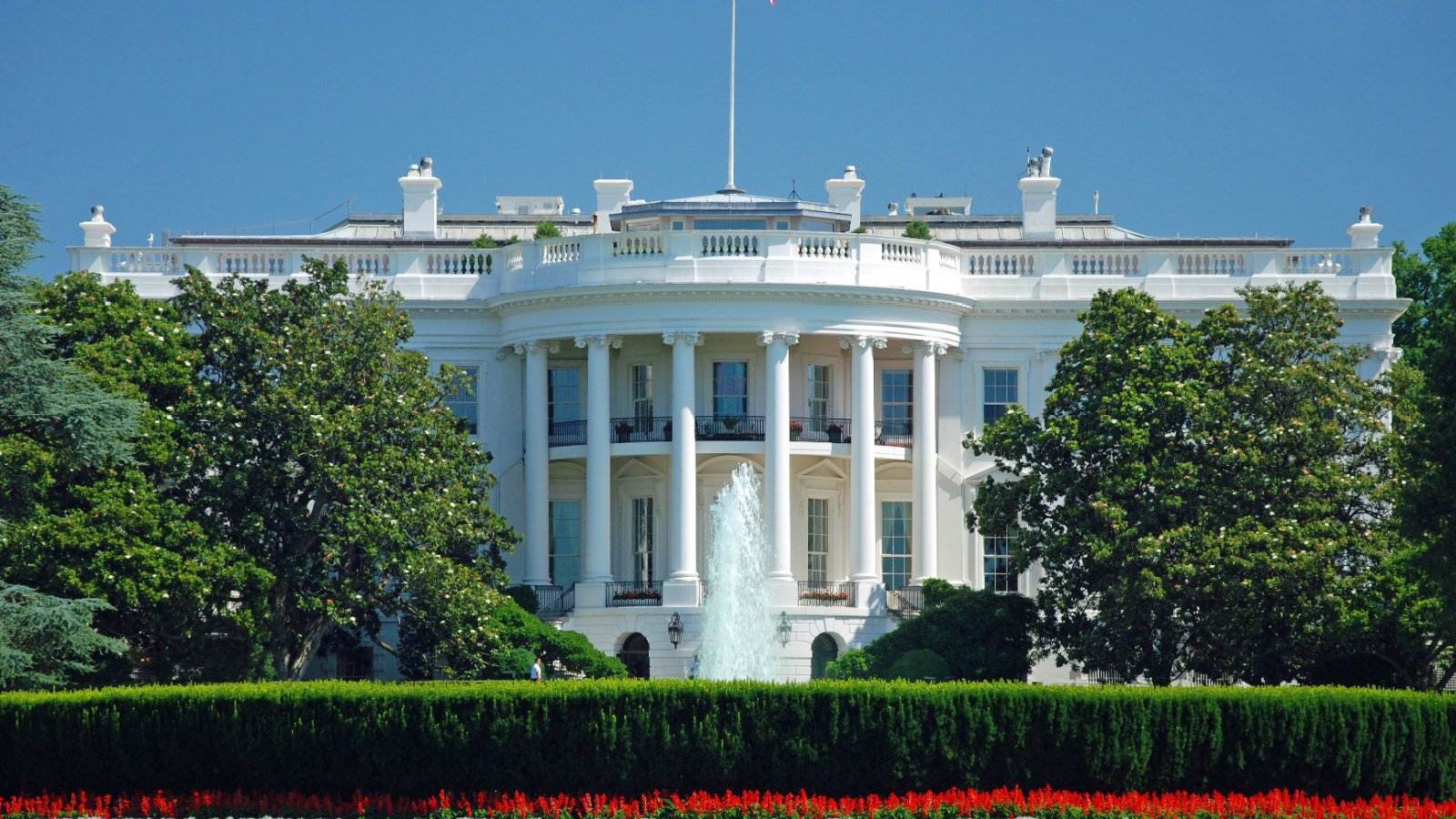




Awesome post! Join the fun at https://www.iyu-app-whats.com 藉助 WhatsApp 網頁版,您可以輕鬆分享您的位置信息。 . Date: 2026-01-14 19:32:01 (-03).